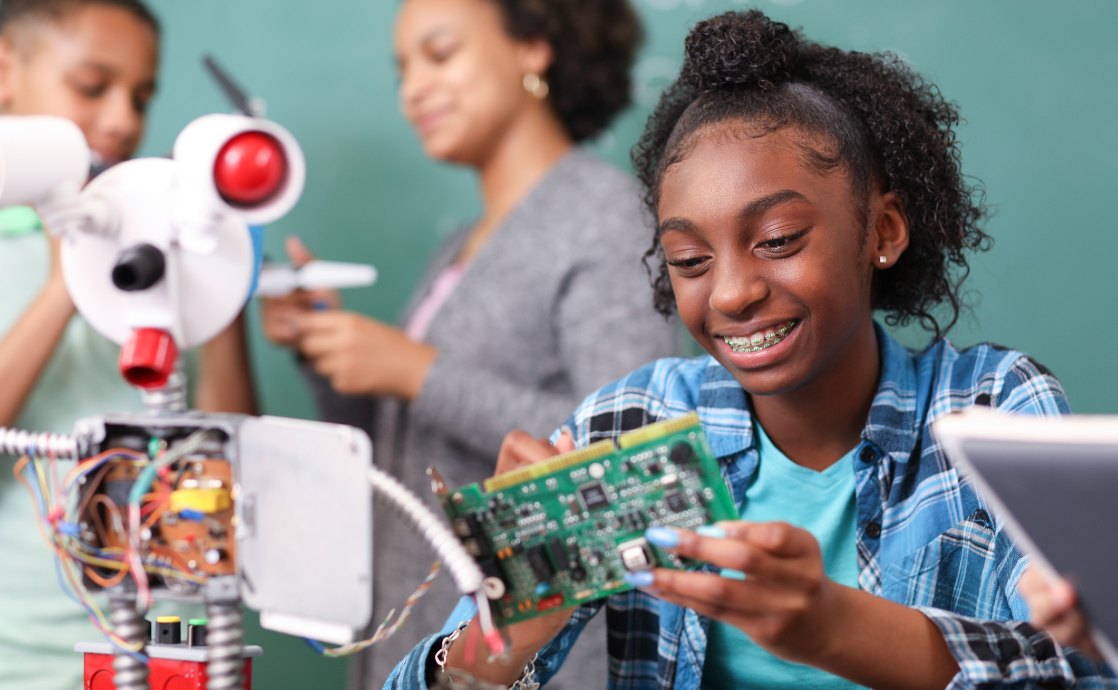Gender equality, a principle deeply embedded in Bahá’í teachings, emerges as a fundamental human right and an essential pillar for societal advancement. The Bahá’í Faith emphasizes that the empowerment of women through education not only uplifts individual lives but also serves as a catalyst for global progress. This article delineates the manifold benefits of educating women, elucidating the philosophical underpinnings from Bahá’í teachings, while presenting various dimensions of how such educational endeavors can positively impact humanity as a whole.
At the heart of Bahá’í doctrine lies the conviction that men and women are equal partners in all aspects of life. Abdu’l-Bahá, the son of Bahá’u’lláh, ardently advocated for women’s rights and education, deeming it imperative for the evolution of civilization. By fostering a paradigm of gender equality, the Bahá’í teachings espouse a vision where both genders collaborate harmoniously, thereby augmenting the intellectual and spiritual capacities of society.
Firstly, the educational empowerment of women engenders economic growth. Providing equal access to education equips women with essential skills and knowledge, enabling them to participate actively in the workforce. Research consistently demonstrates that when women are educated, they can contribute significantly to economic productivity. Studies reveal that every additional year of schooling can increase a woman’s earning potential substantially. When women flourish economically, families prosper, which lifts entire communities and spurs national development. Hence, education is not merely an individual benefit; it constitutes an investment in the collective progress of society.
Moreover, educated women tend to invest a larger portion of their earnings back into their families, particularly in areas such as healthcare and education for their children. This phenomenon creates a virtuous cycle of development. The Bahá’í teachings underscore the importance of familial stability and the nurturing of future generations, positing that an educated mother can break the cycle of poverty and ignorance. When mothers are equipped to make informed decisions regarding their children’s education and wellbeing, the ripple effects extend far beyond the immediate family, thus influencing the fabric of society.
Secondly, the social ramifications of women’s education are profound. An educated woman is more likely to engage in civic activities, participate in governance, and advocate for her rights and the rights of others. The Bahá’í Faith emphasizes active participation in social and political life as a means of promoting justice and equality. When women are schooled in critical thinking and leadership skills, they are better positioned to challenge societal norms that perpetuate gender disparity. Furthermore, their involvement in decision-making processes leads to diversified perspectives, which ultimately enriches the governance process and results in more equitable and inclusive policies.
In addition to economic and social advantages, the educational upliftment of women has significant implications for health and wellbeing. Disparities in educational access lead to disparities in health outcomes. Educated women are more likely to understand health information and utilize medical services effectively. They have a greater understanding of nutrition, maternal care, and child-rearing practices, which translates into improved health for their children and families. The Bahá’í teachings advocate for the holistic development of the individual, emphasizing that spiritual, mental, and physical health are interlinked. By educating women, societies can combat issues such as maternal mortality, malnutrition, and infectious diseases more effectively.
Furthermore, eradicating gender inequality through education fosters an environment conducive to peace and stability. Historically, regions characterized by gender equity report lower levels of violence and conflict. The Bahá’í teachings illustrate that it is through justice and the recognition of everyone’s rights that true peace can be achieved. Educated women, armed with knowledge and the capability to effect change, often become formidable agents of peace within their communities. By promoting dialogue and understanding, they serve to dismantle the preconceived notions that fuel conflict and discord.
Nevertheless, challenges persist in the quest for gender equality in education. Cultural norms, socio-economic barriers, and systemic discrimination continue to impede women’s access to educational opportunities in many regions. However, the Bahá’í community actively engages in the pursuit of educational equity by implementing initiatives that promote inclusive access to education, offering scholarships, and organizing community classes aimed specifically at women. The proactive stance of the Bahá’í community exemplifies the principle of service to humanity that lies at the core of Bahá’í teachings.
In conclusion, the Bahá’í teachings present a compelling case for the educational empowerment of women as a fundamental pathway to achieving gender equality and advancing humanity as a whole. The interplay of economic, social, health, and peace-building dimensions underscores the transformative potential of women’s education. As societies endeavor to harness the full potential of their human resources, the imperative becomes clear: investing in women’s education is not merely a moral duty but a strategic necessity for crafting a sustainable and equitable future. As Bahá’í teachings echo, progress is inextricably linked to the empowerment of women, and true civilization must cultivate the flourishing of all its members, regardless of gender.
